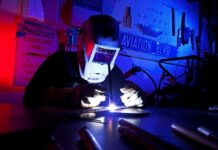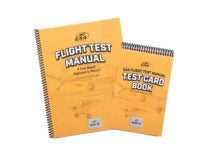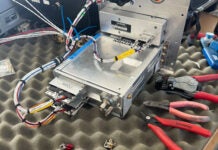 EAA maintains cost is key to meeting 2020 mandate
EAA maintains cost is key to meeting 2020 mandate
The Federal Aviation Administration (FAA) today published a technical correction in the Federal Register that allows future installations of ADS-B “out” equipment to meet performance standards of the appropriate Technical Standard Order (TSO) specifications without meeting the complete TSO requirements.
EAA supports this technical amendment as a first step to exploring solutions for amateur-built aircraft to meet FAA’s year 2020 mandate for installation of ADS-B “out” equipment in aircraft flown in controlled airspace. Currently, the lowest-cost purchase and installation for such equipment is an estimated $5,000 – equal to 15 to 20 percent of the value of a significant number of GA aircraft that would need to meet the requirement. At the end of 2019, aircraft will be required to have approved ADS-B out capability to fly in airspace that now requires a Mode C transponder.
“This technical correction is a good first step, but there is much more work to do,” said Doug Macnair, EAA’s vice president of government relations. “EAA supports the FAA’s desire to have full compliance with the 2020 mandate provided cost-effective options are available. This amendment allows the culture of innovation that has been part of the homebuilt community to move forward toward those cost-effective possibilities.”
Historically, builders and owners of experimental aircraft have been able to install avionics that meet the performance standards of certified equipment but are not specifically approved by the FAA. EAA seeks to preserve that historical precedent for ADS-B equipment installation as well.
In its Federal Register publication, the FAA noted that “it was not the FAA’s intent to arguably limit operators to only install equipment marked with a TSO…The FAA’s intent was to permit equipment that meets the performance requirements set forth in the referenced TSOs.” The FAA further stated that the inadvertent removal of the word “performance” in the 2010 final rule was in error and resulted in confusion.
EAA is committed to preserving the rights and opportunities allowed within amateur-built regulations in all areas, including ADS-B “out” installation, and will continue this important work with FAA officials on behalf of EAA members and amateur aircraft builders throughout the country. As with many other past innovations, solutions developed by EAA and homebuilders may lead the way to eventual solutions for owners of all GA aircraft.













